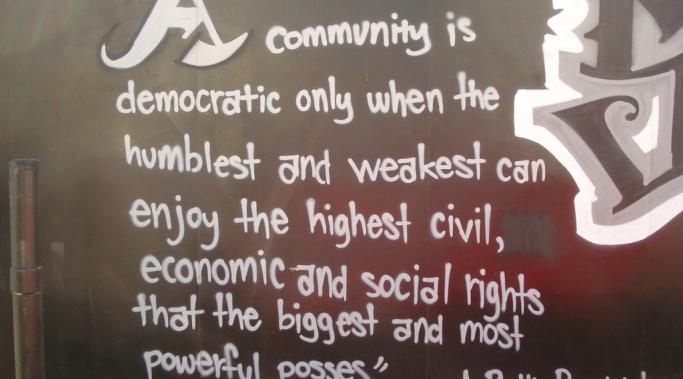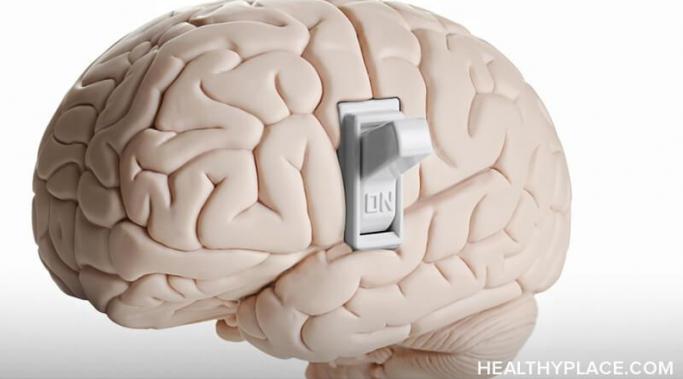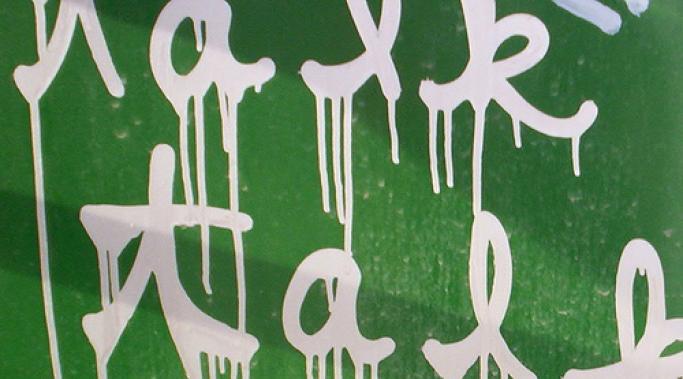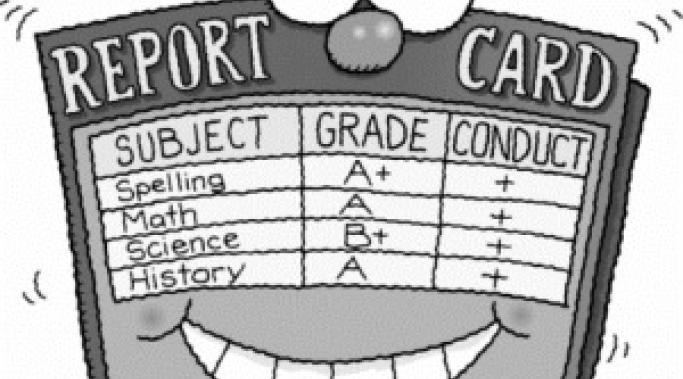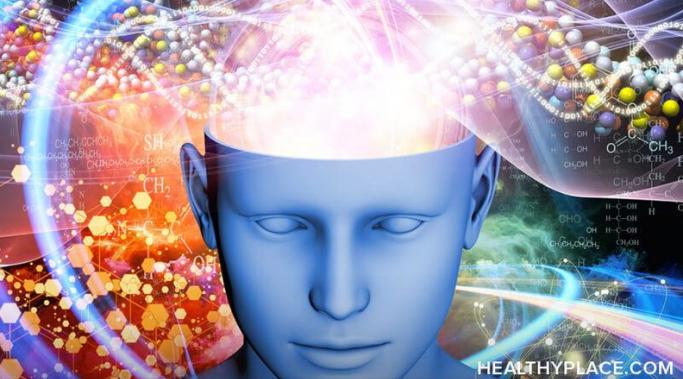Blogs
"If you drink too much caffeine your head will explode," my son said today. I reassured him that while too much caffeine isn't healthy, heads don't explode from overindulgence. Explaining the irrational nature of his fears puts my son's mind at ease. But what if he had Obsessive-Compulsive Disorder? Maggie, our guest on the HealthyPlace Mental Health Radio Show, says Exposure Therapy is far more effective treatment for OCD than explanations and reassurance.
There's a lot about anxiety that I don't know, but I do know that no matter what variety you're dealing with, it's tough. I can't afford to just sit around and let the waves roll in, no matter how much that might seem like a good idea sometimes.
There are people who think loneliness and children with psychiatric illness go hand in hand in a vicious circle--a child's illness causes him to withdraw; his withdrawal causes society to retreat from him even further. There are others who define themselves as introverts and insist they are not "mentally ill," they are "just" introverts.
Which came first--the introverted chicken, or the mentally ill egg?
Vagus nerve stimulation (VNS) is exactly what it sounds like--stimulation of the vagus nerve in your neck. Stimulation takes place by using electrical impulses (a nice way of saying shocks). When the vagus nerve is stimulated, that stimulation is then carried to various other parts of the nervous system and this is what is thought to be its method of action. This stimulation may alter neurotransmitters like norepinephrine and GABA.
OK, I know, that’s complicated. In short, they zap a nerve in your neck and that’s carried to the brain where it does stuff.
When I was first diagnosed with Dissociative Identity Disorder, I did what I always do when faced with something I have no idea how to handle: I went to the library. As a rule, I don't read autobiographical accounts of DID but I voraciously digested everything else I could get my hands on. Most of the literature agreed on the basics of Dissociative Identity Disorder treatment, including the consistent message that establishing internal communication is an essential first step, second only to stabilization. "Ask inside" quickly became the most irritating, eye-roll inducing directive I heard. I hated it for one reason: it didn't work.
It seems to me that navigating life with a mental illness is a full-time occupation. Not only that, it can feel awfully futile at times - like Sisyphus ceaselessly rolling his rock up a mountain only to watch it tumble back down again. Employed or not, the 2 million plus Americans with bipolar disorder are certainly working. Marked by shifts between dramatically high and low moods, bipolar disorder is a serious psychiatric condition that can be fatal, particularly during depressive episodes. I suspect that managing the symptoms of bipolar disorder is a job in and of itself.
You woke up this morning with dread in your heart—you slept in and were late for a meeting with your boss. When you arrived to your meeting, you started wishing you never had; this so-called meeting turned out to be a nice way to tell you that the company you have busted your derriere over for the past 2 years is doing some ‘corporate restructuring’ and you will be out of a job at month’s end. On the way home, the weather reflects your stormy disposition and you end up getting soaked in the torrential downpour in your nice new suit and splashed by an obnoxious driver.
October is one of our household's more hectic months. My biggest time consumers are Bob's birthday and Halloween (our favorite holiday). My birthday gets thrown in there somewhere (I refuse to cop to when or which one it is). There are about umpteen school "holidays" when the kids are home. And, of course, there's that day that strikes fear in the hearts of parents and children alike...
Parent/Teacher Conference Day.
A drunk man began to touch me and another woman. He refused to stop and began to be aggressive. How would I get through this situation and its aftermath without going into psychiatric crisis?
Is it possible to think anxiety away? I know that navigating the maze of mental health isn't easy. Sometimes I feel like it just doesn't matter how well I've marked the path, I still can't find my way round the blasted thing. Thankfully, the mind tends to (subconsciously) organize around patterns. Even when we're struggling. Seeing the negative patterns, or cognitive distortions, will help you change them and then you can think anxiety away.
